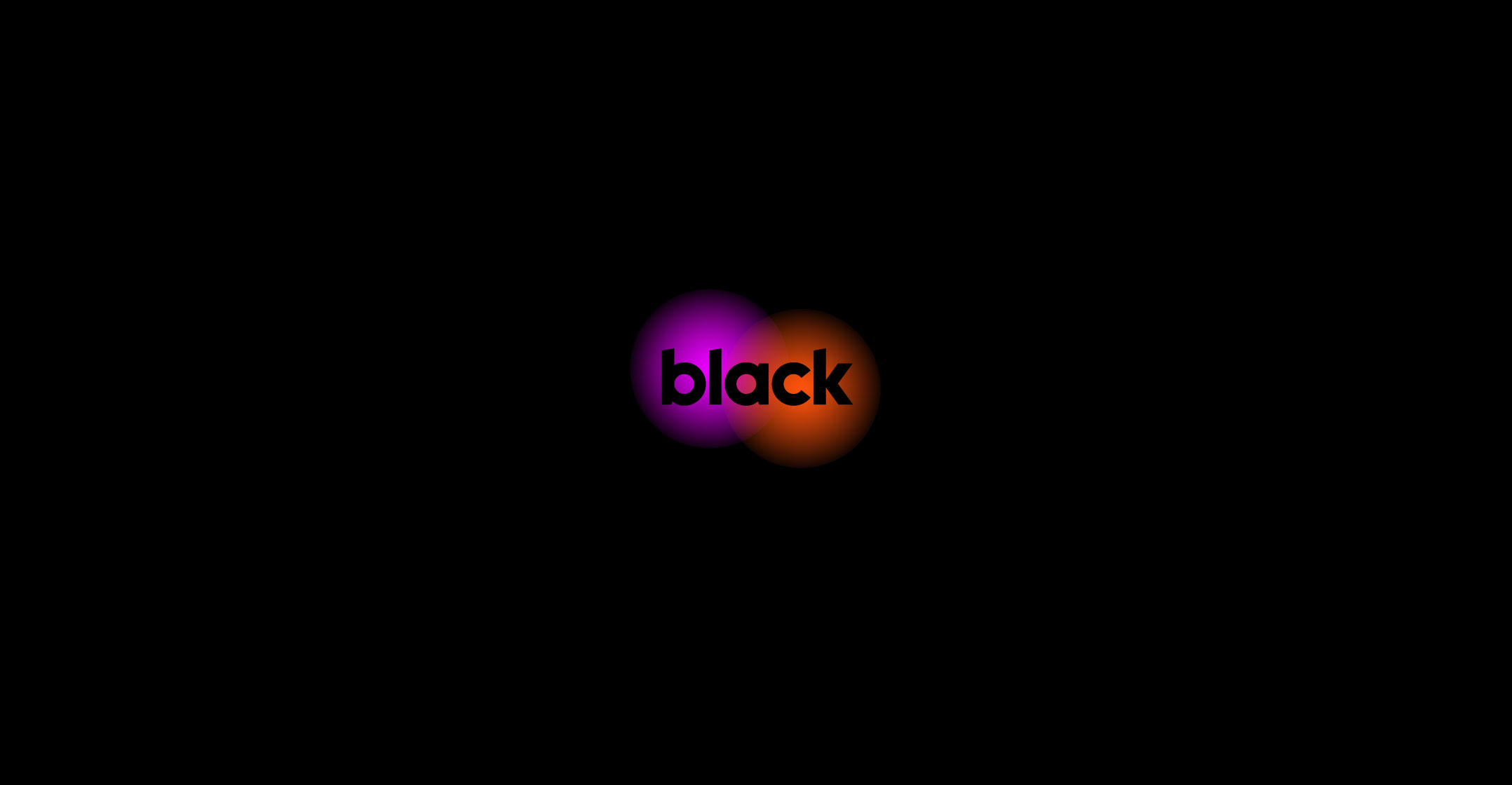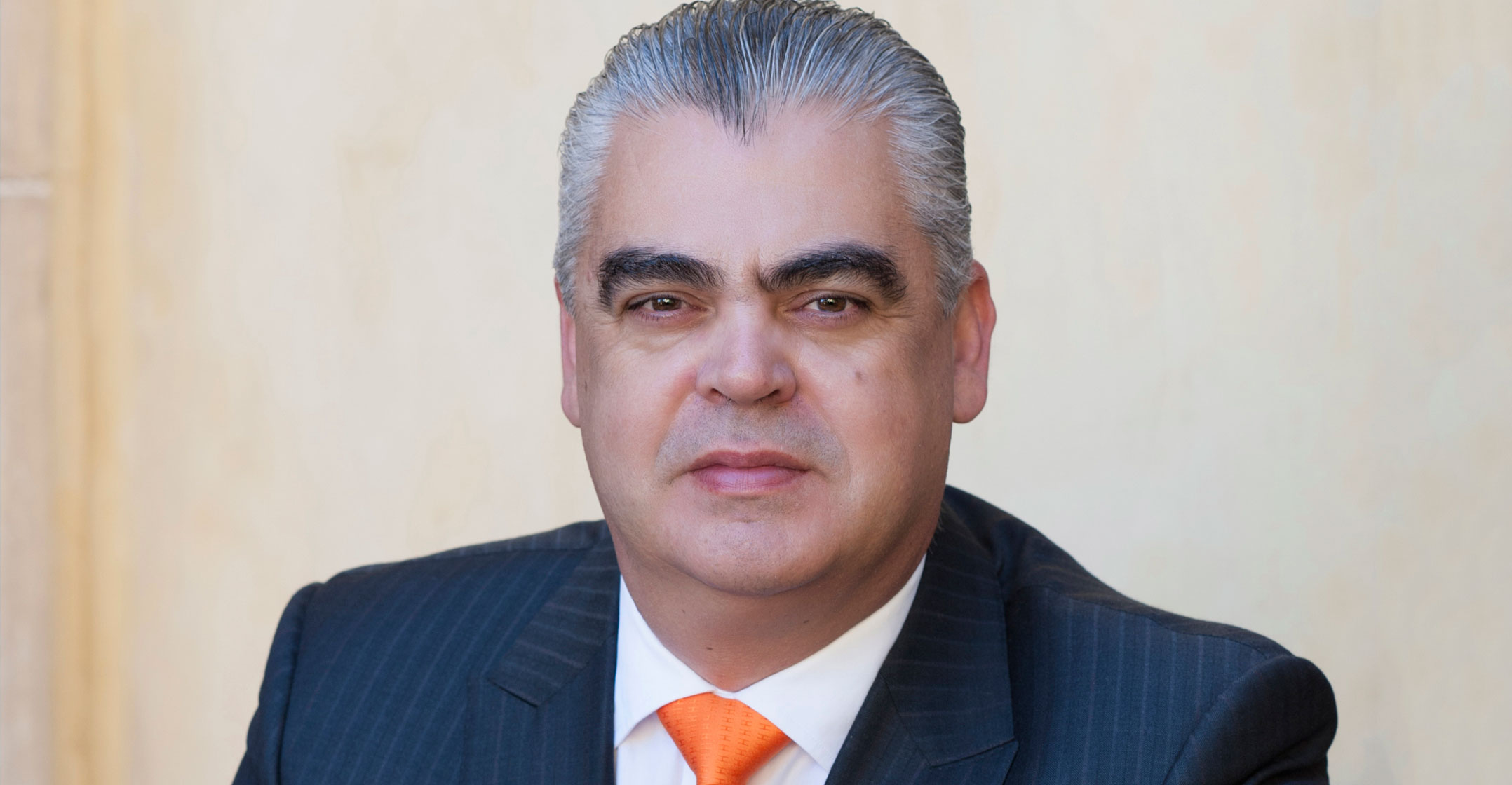 Cell C is pulling the plug on Black, its ill-fated video-on-demand platform in which it invested well north of R1-billion since its launch just two years ago.
Cell C is pulling the plug on Black, its ill-fated video-on-demand platform in which it invested well north of R1-billion since its launch just two years ago.
“Following a review of the company’s product portfolio and decision to redirect expenditure to revenue-generating initiatives, Cell C can confirm that it will decommission its streaming content service, Black, on 31 December 2019,” the operator said in an e-mailed statement in response to questions from TechCentral.
“Content remains part of Cell C’s broader strategy. However, we have had to carefully look at how we approach this to ensure we provide a sustainable service that customers want while at the same time offering a service that makes commercial sense to the business.”
The company said Cell C will not accept any new registrations on the Black service and will refund customers for outright movie purchases. “Existing customers will be able to use the service until 31 December.”
The news comes less than three months after Cell C stopped broadcasting the linear channels on Black as the struggling mobile operator continued a major review of costs in its business, leaving only video-on-demand services.
The channels disappeared from the platform at the start of September. It continued to provide on-demand movies, series and other content.
Over R1-billion
TechCentral revealed in February that Cell C spent R523.9-million acquiring programming and movie rights for its Black video-streaming platform in the 2018 financial year. It spent a similarly large amount in the 2017 financial year — R528.3-million.
The numbers were contained in Cell C’s preliminary and unaudited financial results for the year ended 31 December 2018.
The disclosures showed that accumulated depreciation and impairments related to the acquisition of these content rights amounted to R231-million at the end of 2018.

This spending related to “contractual obligations for programme and film rights, acquired for the period between three and five years”, Cell C said at the time.
Non-current liabilities related to programme and film rights amounted to R207.5-million in 2018, down from R364.2-million in 2017, Cell C said. Current liabilities related to these rights were R163.7-million, compared to 2017’s R102.4-million.
Cell C launched Black in November 2017, taking aim at both MultiChoice and streaming video providers such as Netflix and Showmax. At the time, former Cell C CEO Jose Dos Santos said the company had invested a “couple of hundred million” rand in the platform. “This content doesn’t come cheap,” he said.
In August 2018, Cell C said about 2.5 million people had browsed through the Black catalogue. At the time, 260 000 customers had accessed it using a free trial option, with 60 000 transactions completed to date.
In July, Cell C CEO Douglas Craigie Stevenson said in an interview with TechCentral that one area where spending would be scaled back as part of a comprehensive review of the business was Black, which, he said, had failed to meet the company’s expectations.
“We are not going to pull the plug on Black, but I will tone down the investment into it and then use it as a product value enhancer and churn reduction mechanism as we go into a converged environment,” he said at the time. “As a standalone, it’s not going to work, but it has to be integrated into your product set. Black could have done better.” — © 2019 NewsCentral Media




